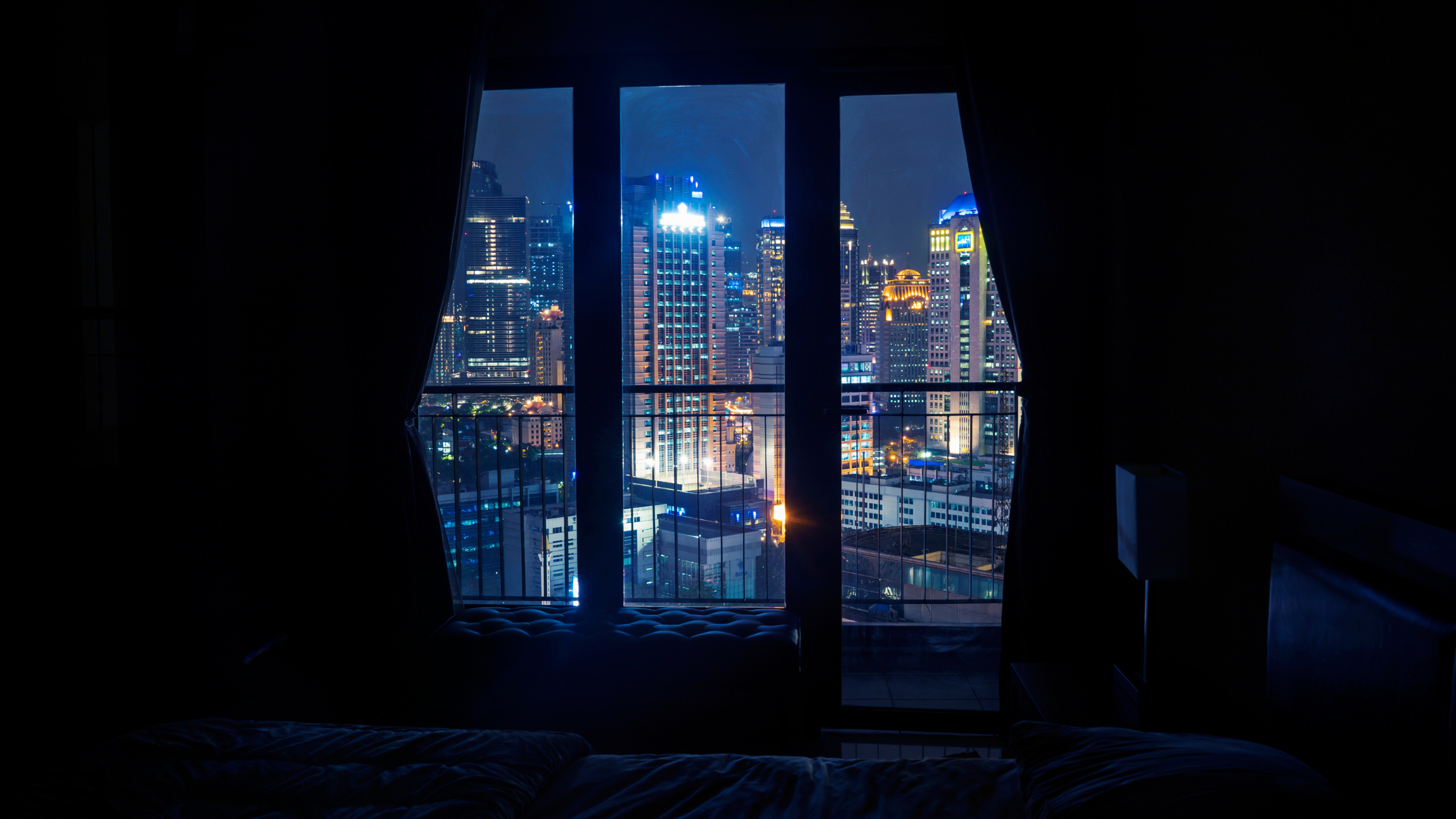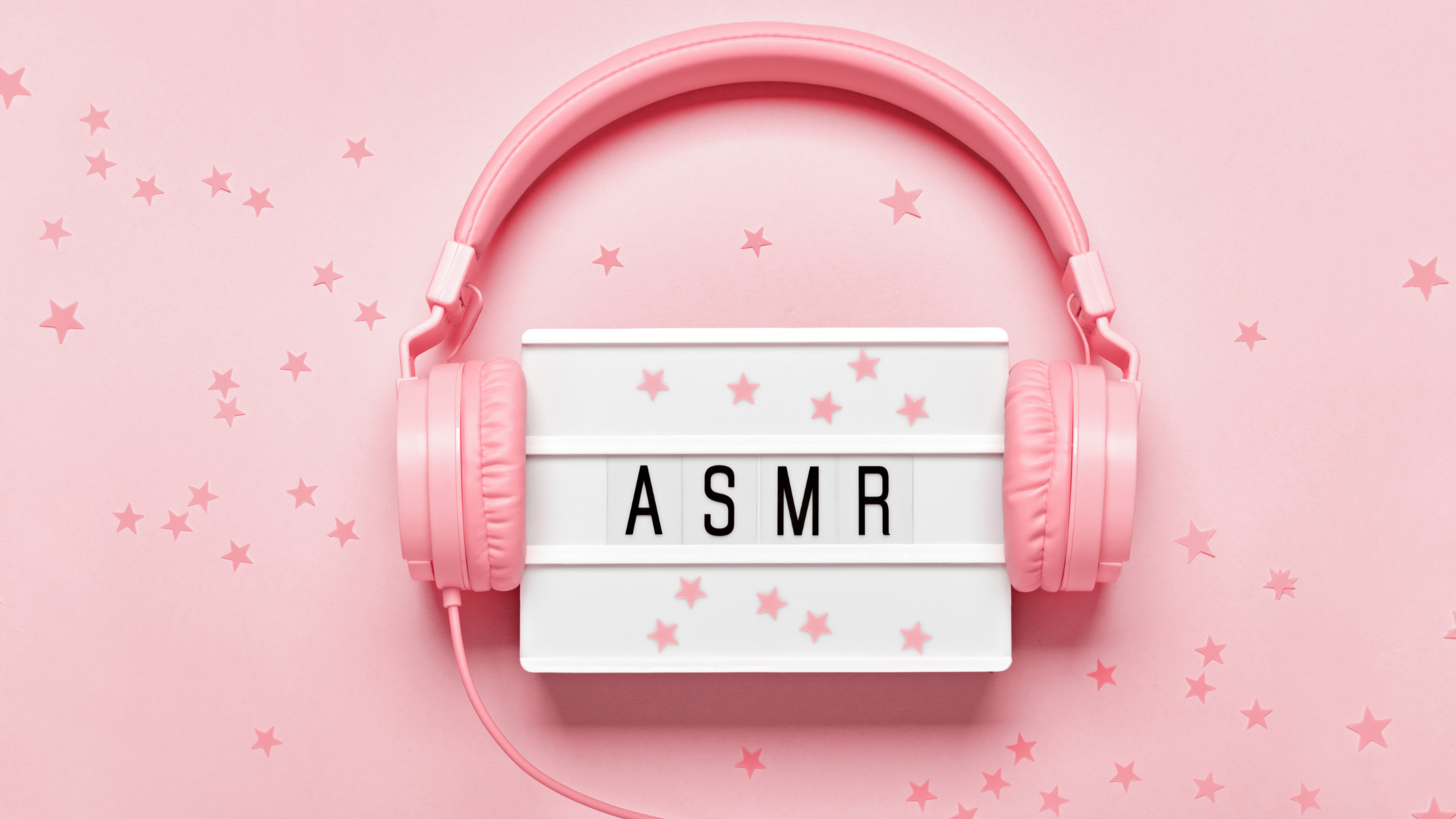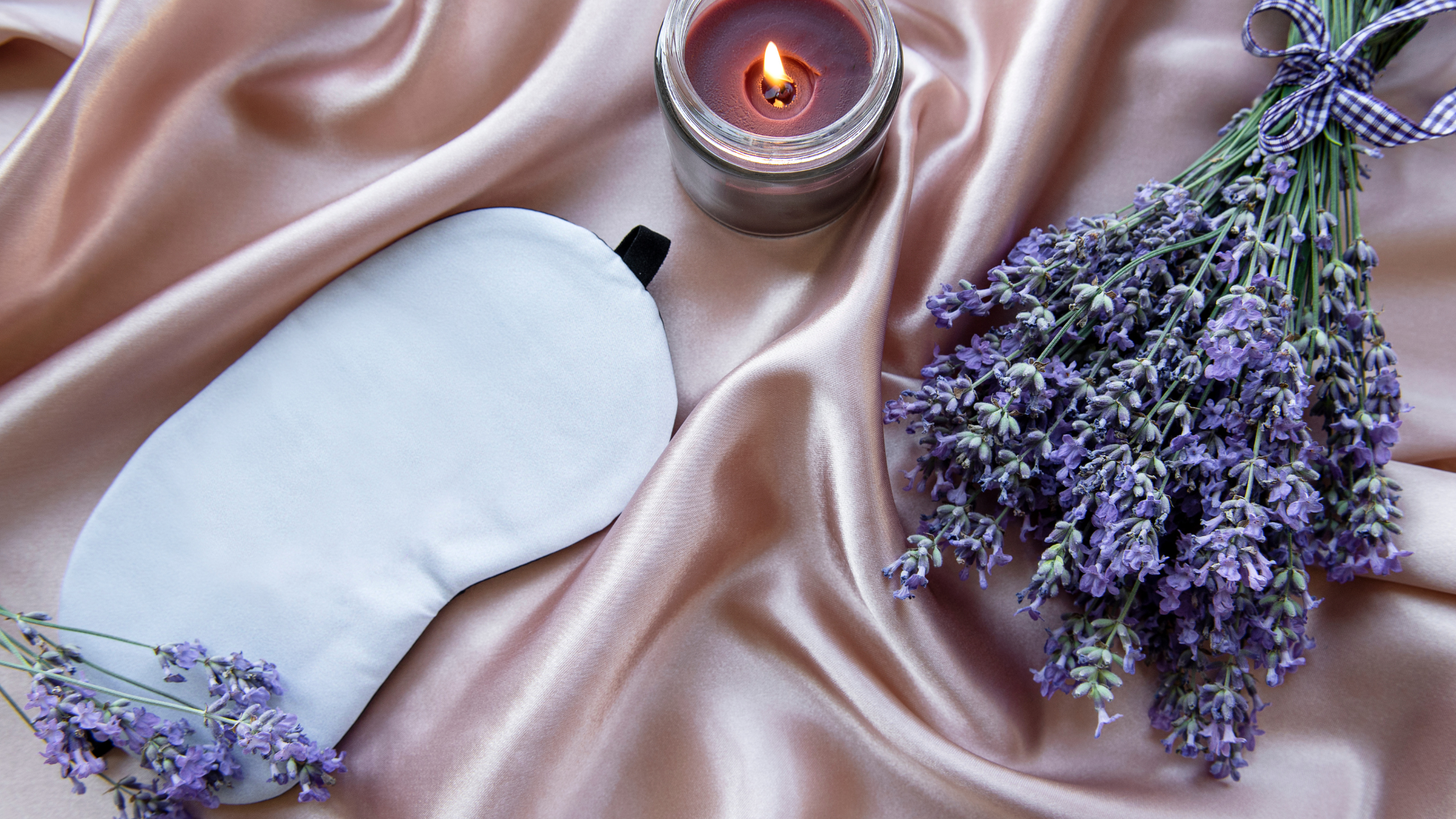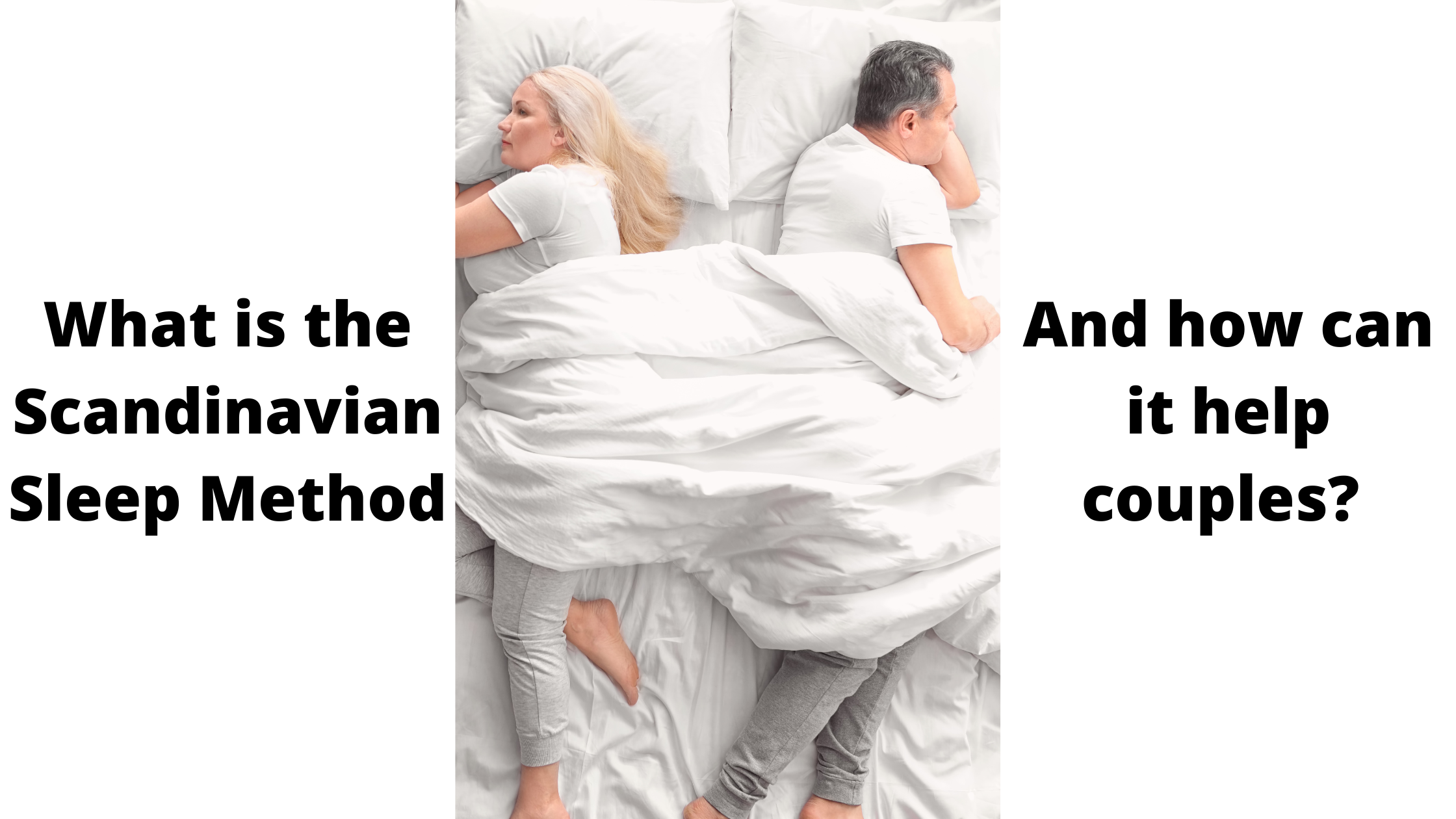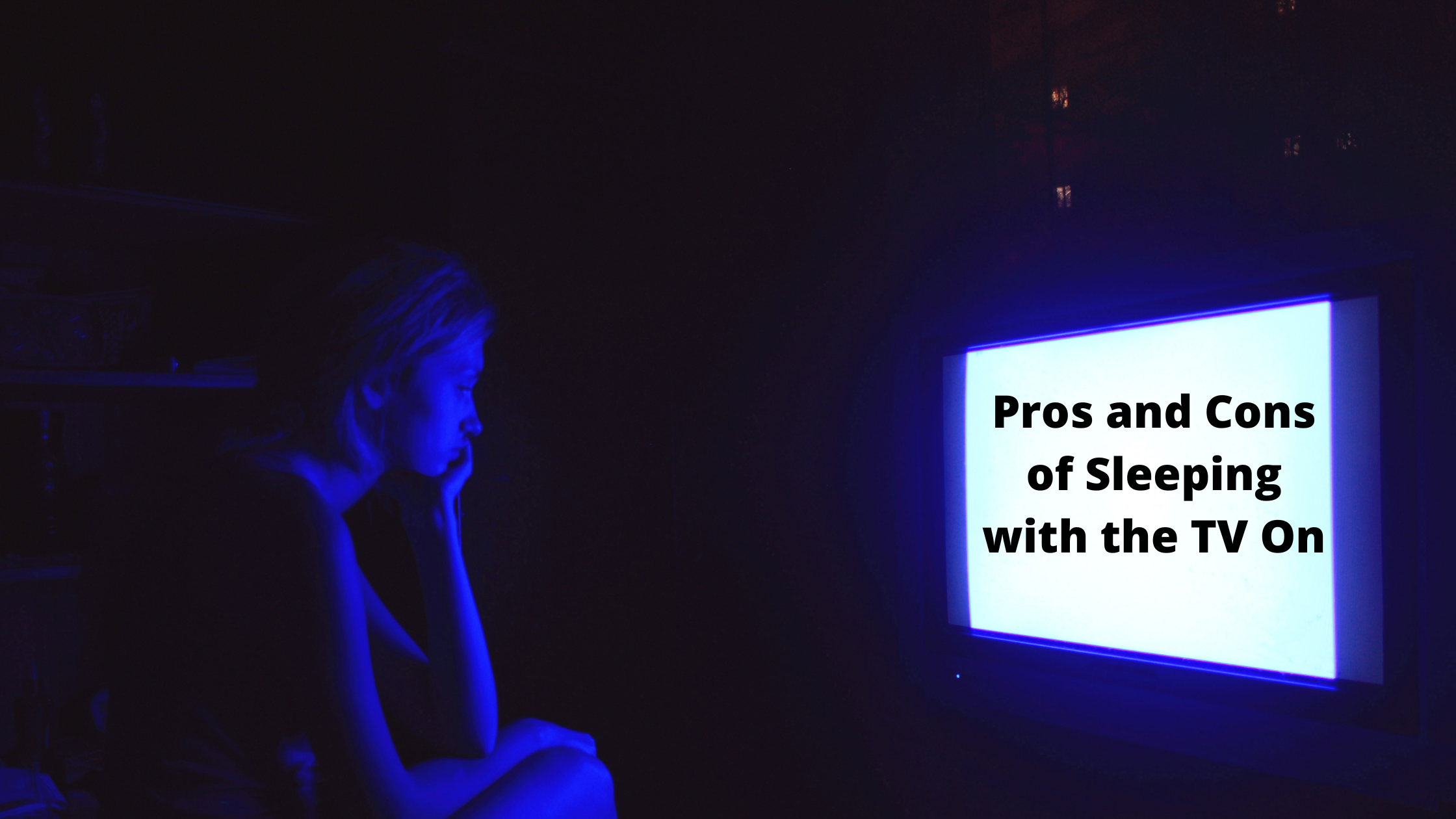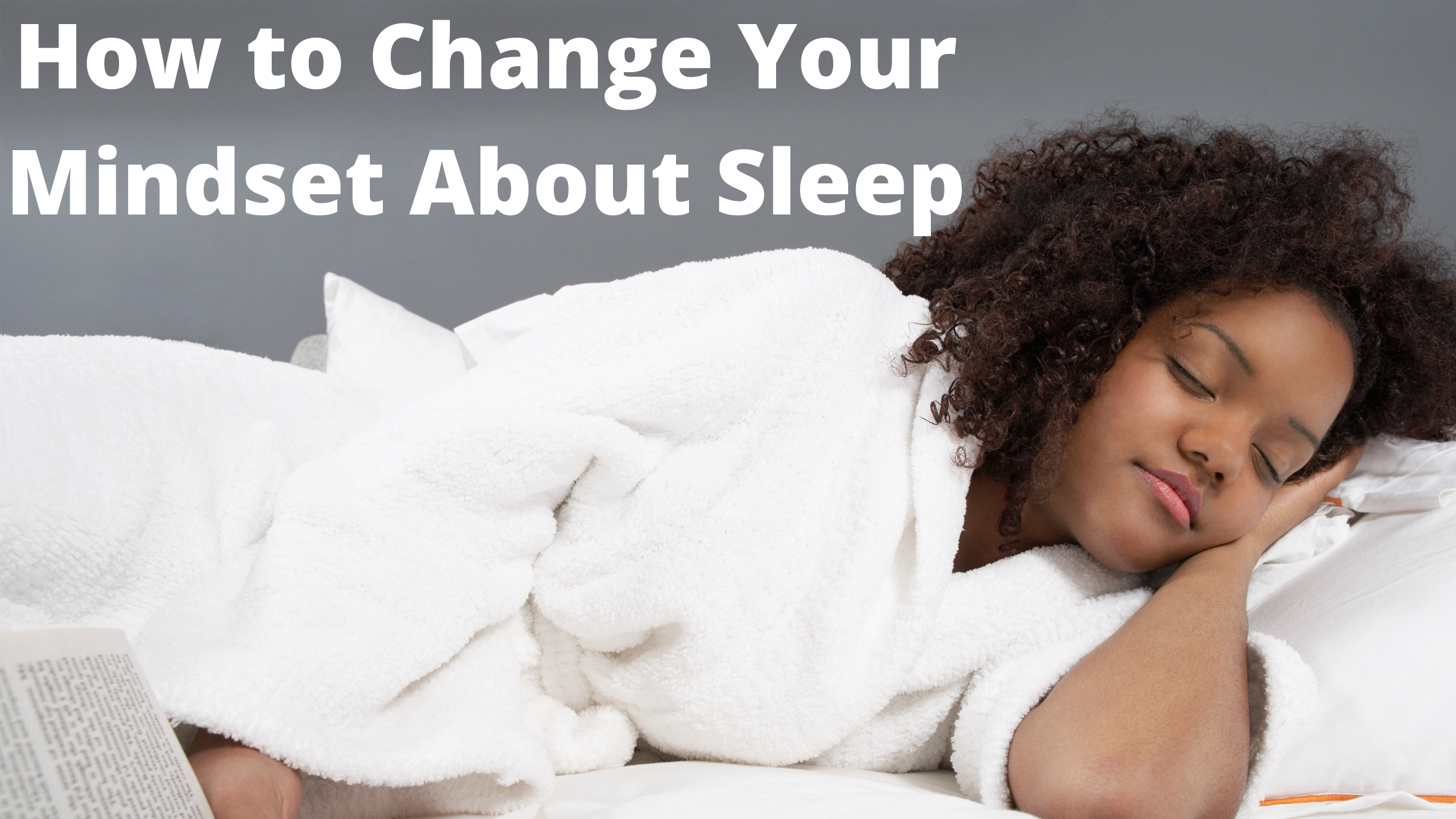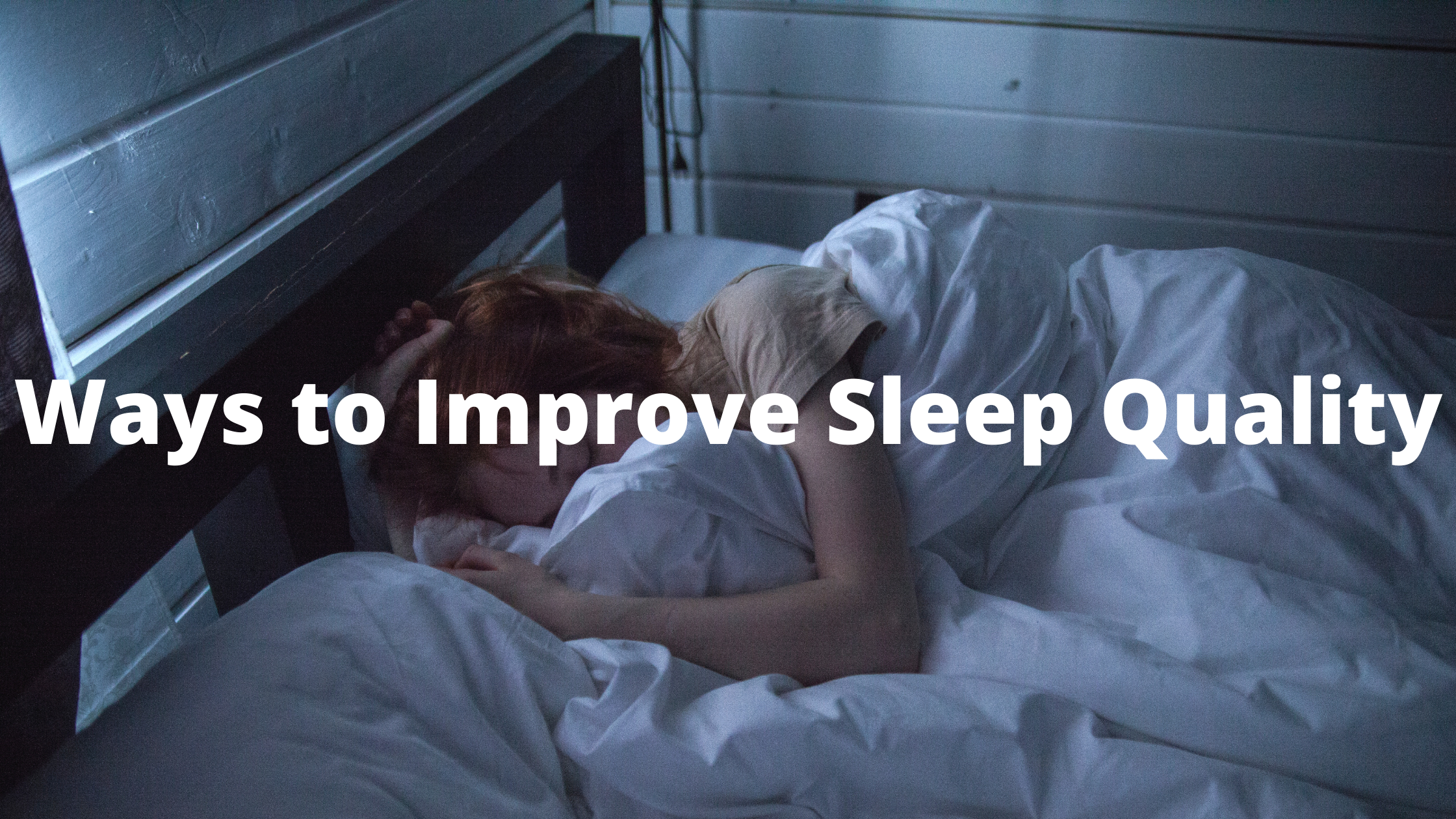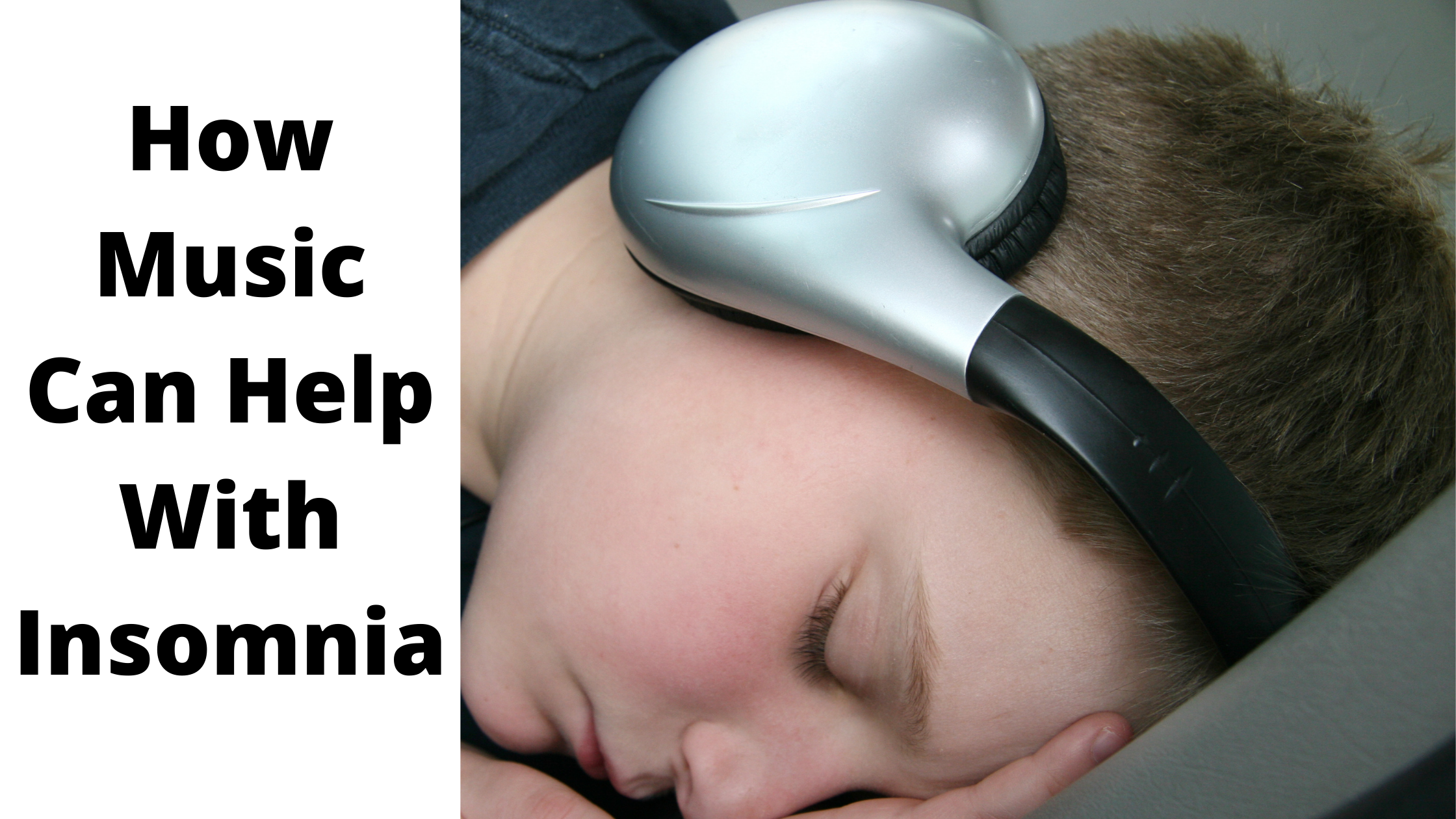Living in a bustling, noisy city has its perks, but one significant drawback is the challenge of getting a good night's sleep. From blaring sirens and honking horns to lively nightlife and construction projects, urban environments can be a nightmare for those seeking peace and quiet when it's time to hit the hay. However, with some strategic planning and a few lifestyle adjustments, you can ensure that city living doesn't rob you of your precious sleep. In this blog post, we'll explore some effective strategies for achieving quality sleep in a noisy city.
Sound Sleep in the City That Never Sleeps: Tips for a Peaceful Night's Rest
The Soothing Whisper of ASMR: Can it Help with Sleep?
In our fast-paced and often stressful world, finding effective methods for relaxation and improved sleep is a quest many embark upon. One intriguing phenomenon that has gained immense popularity in recent years is ASMR, which stands for Autonomous Sensory Meridian Response. It's a unique sensory experience that involves a tingling sensation, often accompanied by a sense of calm and relaxation, triggered by specific audio or visual stimuli. In this blog post, we'll explore what ASMR is, how it works, and whether it can genuinely help with sleep.
Creating an Optimal Sleep Environment on a Budget: Your Path to Restful Nights
In today's fast-paced world, ensuring quality sleep has become more important than ever. Sleep is crucial for our physical, mental, and emotional well-being, and creating an optimal sleep environment plays a significant role in achieving restful nights. The good news is that you don't need to break the bank to set up a sleep haven that promotes relaxation and rejuvenation. In this blog post, we'll explore practical and budget-friendly tips to help you craft the perfect sleep environment.
Going through a divorce is one of the most distressing things a person can go through. It's an unbearable amount of pain, sadness, guilt, and other feelings that can cause chaos to one's life. One area of your life that may be dramatically affected by a divorce is sleep.
Sleep may seem like a common thing that disappears during intense moments of one's life. However, getting sleep can actually be a pretty effective buffer against extremely overwhelming stress. So, when you're going through a divorce, and feel as if you can't control anything, you may want to at least try being in control of your sleep patterns. Here are some things you can try to help you get a good night's rest during a very tumultuous time.
Tips For Staying Cool at Night in Warm Temperatures
Record setting heat waves are on the rise, and with increased energy demands worldwide, it may be increasingly difficult to keep your house the optimal temperature for sleep. This can lead to disrupted sleep and increased sleep deprivation during that period of time.
Sleep deprivation due to just general discomfort can lead to some severe consequences. Mood swings, poor memory and concentration, among other physical disturbances, are just a few of the ways that this can be problematic. Continue reading for tips on how to stay cool at night during warm temperatures.
What is the Scandinavian Sleep Method for Couples?
Sleeping or cuddling with your partner may seem so cute, until their sleeping behaviors begin to bother you. Their tossing and turning, or constant up and down of the night can be a true disruption to you getting good sleep. Couples prefer sleeping together, but actually get better sleep when sleeping alone. So what's the solution?
Well, aside from a sleep divorce, or toughing it out (which may lead to a real divorce) there may be another option. Scandinavian sleep. method is a method of sleeping where you and your partner still share the same bed, but each have your own comforter or duvet. Continue reading to find out what effect this may have for you and your bed partner.
Nodding off in front of your TV may not seem like that big of a deal. You may even like the background noise of the television, or have slept with the TV on your entire life. However, despite these "benefits" you may actually be damaging your sleep. Or not. We are going to go over the pros and cons of sleeping with your TV to help you potentially improve your sleep if you've been struggling with it!
Getting good sleep shouldn't be a luxury, but more of a requirement for a good life. Sleep deprivation can exacerbate existing health issues, decrease memory, attention, and mood regulation, and also increase risk for cardiovascular disease and other chronic conditions, such as diabetes. Therefore, missing out on a sleep is not just an inconsequential action. There are serious health implications with missing out on sleep.
If you are looking to improve your sleep, however, it is. aprocess. You cannot have practiced bad sleep your entire life and expect to sleep like a baby tonight after reading this article. Good habits lead to good sleep, and habits take some time to develop. Honestly, they take so long, that it may be easy to give up on them before you're even able to see the results.
In order to see the benefits of sleep, you must change your mindset regarding sleep. It's almost like a diet. With crash diets that are painful and miserable, the failure rate is very high. However, when changing your mindset regarding food and activity, you are creating better food habits which are sustainable and easier to adhere to.
Same with sleep. Having a different attitude towards sleep and looking at building lifelong long healthy habits will help to turn your sleep around for good. Here are ways to change your mindset regarding sleep.
Ways to Improve Sleep Quality, and not just Quanity
When you are working on getting more sleep, it's important to think about sleep quality as well as sleep quantity. We overwhelmingly emphasize the importance of getting a certain number of hours of sleep, which is always a great goal. However, if you are tossing and turning during these hours, or lying awake, then you are not getting the intended benefit from them.
Therefore, as you make a goal to get into bed at a certain time and wake 7-8 hours later, it's important to also make sure that you are getting good quality of sleep as well. Here are some tips to think about as you are trying to get quality rest.
Whenever we talk about sleep hygiene, we always highlight the "holy trinity" - dark, quiet and cool. However, music may actually help some people go to sleep, especially those who have sleep issues that they would like to address without using sleep aids. Music therapists are an emerging group of professionals who are using music to help those who struggle with anxiety and other mental health disorders that can stop people from getting the sleep that they need. Here is some more information on how music can help with sleep.

